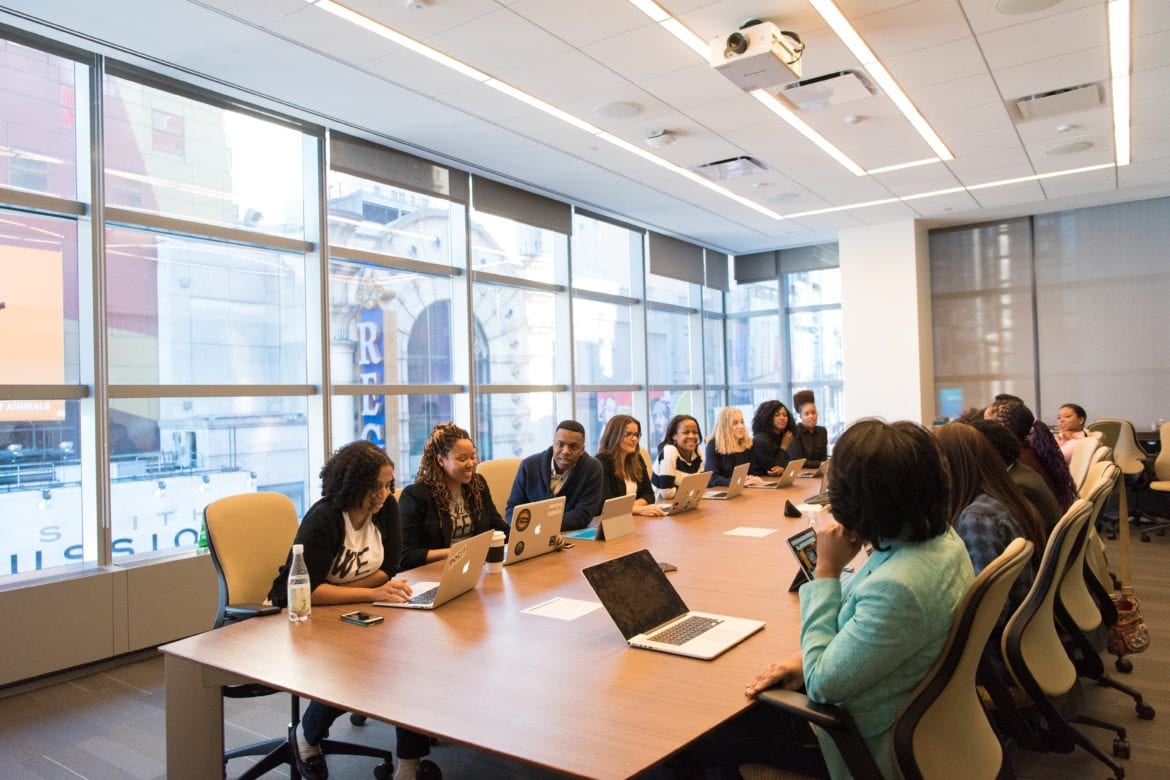|
Getting your Trinity Audio player ready...
|
The last few weeks have been a reality check for the media industry. The ongoing fallout of Meghan Markle’s Oprah interview has enlightened many of us to the problem that we are facing when tackling racism in the press. When a bi-racial woman discusses her experiences of suicidal thoughts and racism it seemingly becomes a moment to form an opinion, with some from the top of the industry having the confidence to storm into the conversation and state that the UK media is not bigoted.
We need to stop denying that there is a problem and stop telling people of colour what is and isn’t racist, or that racism doesn’t exist in all of our organisations. A non-racist nirvana might exist in a parallel universe where the papers gave Kate Middleton and Meghan Markle the same headlines when they cradled their baby bumps but this isn’t the case in reality.
What we desperately need is racial equity in our newsrooms to avoid the tone-deaf statements when responding to backlash that is created by broadcasters and publishers doing and saying something wrong. We only have to look at the reaction of ITV on the situation to see that work needs to be done in the media to improve diversity and inclusion. These statements smack of limited interest and claiming to know what’s best by media businesses, which is what happens time and time again to people of colour in businesses of all sectors. Complaints about righteous grievances are belittled and not listened to.
For 254 journalists and editors across the country including The Guardian, Financial Times, HuffPost and Channel 4, there wasn’t a silent response and this is what gives us hope. A robust open letter concluded with the damning line that “The blanket refusal to accept there is any bigotry in the British press is laughable, does a disservice to journalists of colour and shows an institution and an industry in denial.”
It is no longer good enough to not be racist. We need to actively be anti-racist and participate in these conversations, particularly in industries like media that have the opportunity to influence and offer critical thinking for the good of society. This is an industry that is overwhelmingly white – just 0.2% of journalists are black. What impact will the Society of Editors statement have on new talent from underrepresented groups hoping to break into that industry? Why would they think that it is a place for them to thrive – when they see the denial of the existence of bigotry coming from the very top?
Newsrooms need to become more representative and decision makers need to own up to the effect that the chronic lack of diversity in those teams has on decision making in stories and coverage. All editors, publishers and senior management in media organisations need to be scrutinising who it is they have on their news desks that select the stories that influence the masses.
I am asking you all – as you are so used to asking tough questions – please apply that same rigour to questioning yourselves. Ask yourself why the very tragic news of a young woman who never made it home garnered so much (justified) coverage, yet for an equally upsetting story, your team didn’t deem it as newsworthy. Why didn’t the newsdesks pick up on Blessing Olusegun?
Ally Owen
Founder, Brixton Finishing School
Brixton Finishing School is a not-for-profit and relies on the generous support of brands, advertising agencies and media owners to drive social mobility. We are an ‘end to end’ solution to the Creative Industry’s diversity challenges, and are disrupting the way creative industries recruit talent.
We provide a free, 10-week, premium learning experience, delivering creative and digital skills and real-world advertising experiences. We prepare our students for a pool of entry-level roles available just for them or for jobs in the wider industry. Diverse teams deliver businesses a competitive advantage. Different types of thinking mean new perspectives, fresh ideas and better advertising/creative work.
Our industry sponsors create a pool of entry-level roles just for graduates of the course. In 2018 we delivered a 95% employment success rate.


